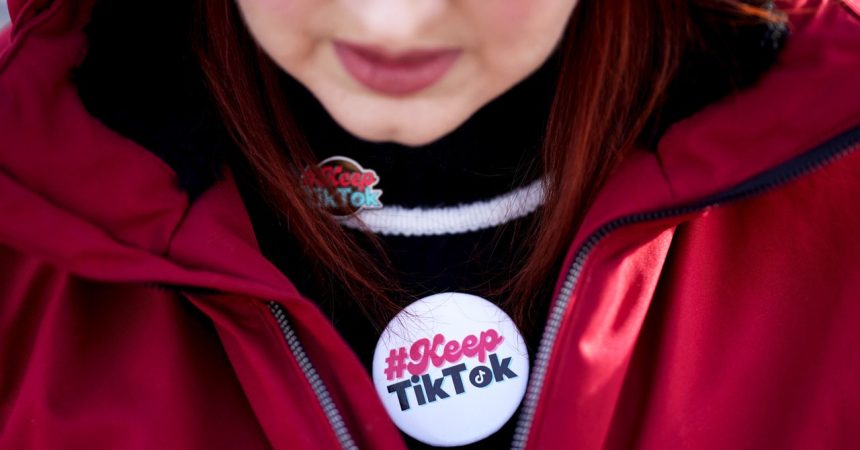The US Supreme Court’s recent decision upholding a law that could lead to a TikTok ban has sparked considerable debate. The court unanimously rejected TikTok’s appeal, effectively paving the way for the app’s potential removal from US app stores if its Chinese parent company, ByteDance, doesn’t sell it to an American owner by the impending deadline. While acknowledging TikTok’s significant role as a platform for expression, engagement, and community building for over 170 million Americans, the court prioritized national security concerns related to data collection practices and ByteDance’s ties to China. This decision marks a critical juncture in the ongoing struggle between free speech and national security in the digital age, leaving many questions about the future of online platforms and the government’s power to regulate them.
The legal battle surrounding TikTok has spanned several years, with US government officials consistently raising concerns about potential data sharing with the Chinese government and the dissemination of pro-China propaganda. Despite limited public evidence supporting these allegations, multiple attempts have been made to ban or force a sale of the popular video-sharing app. Former President Trump’s 2020 executive order seeking to ban TikTok ultimately failed, but the current legal framework stems from a law signed by President Biden in April 2024. This law, known as the Protecting Americans From Foreign Adversary Controlled Applications Act, mandates the divestiture of TikTok to an American owner or its removal from US app stores. TikTok and a group of content creators challenged the law, arguing that it infringes upon their First Amendment rights.
The Supreme Court’s ruling hinges on the justices’ interpretation that the law is content-neutral and doesn’t directly regulate the speech of TikTok users or creators. Rather, the court determined the law targets the app’s corporate structure and its relationship with ByteDance. The justices emphasized that the law focuses on mitigating national security risks associated with TikTok’s scale, data collection practices, and potential susceptibility to foreign influence. This narrow focus, according to the court, justifies the differential treatment of TikTok compared to other social media platforms. The court’s opinion stresses that the decision should not be seen as a precedent for broader restrictions on online speech, but rather a targeted response to specific concerns surrounding TikTok.
During oral arguments, TikTok’s legal team contended that the law violated the company’s free speech rights. They argued that forcing a sale based on unsubstantiated national security concerns sets a dangerous precedent for government interference in the digital sphere. However, the government countered that the law is a necessary measure to protect American user data and national security interests from potential foreign adversaries. Solicitor General Elizabeth Prelogar argued that severing ties between TikTok and ByteDance is crucial to mitigate these risks. The justices ultimately sided with the government’s position, finding that the national security concerns outweigh TikTok’s free speech claims in this specific context.
Justice Neil Gorsuch, while concurring with the majority opinion, acknowledged the dramatic nature of the remedy imposed by Congress and the President. He questioned the long-term effectiveness of the law, suggesting that a determined foreign adversary might simply replace one surveillance application with another. This raises concerns about the potential for a “whack-a-mole” scenario, where banning one app simply leads to the emergence of similar platforms with similar risks. Gorsuch’s concurrence highlights the complex and evolving nature of national security threats in the digital age and the challenges of crafting effective legislative solutions. His remarks suggest the need for a more comprehensive and adaptable approach to addressing these concerns, rather than relying on app-specific bans.
The Supreme Court’s decision has significant implications for the future of online platforms and the balance between free speech and national security. The ruling underscores the government’s authority to regulate apps perceived as posing national security risks, even if those risks are based on potential rather than proven harm. It remains to be seen how this decision will impact the development and operation of other social media platforms, particularly those with ties to foreign governments. The court’s narrow focus on TikTok’s unique circumstances leaves open the possibility of different outcomes in future cases involving other platforms. The ongoing debate surrounding online speech regulation and national security concerns is likely to continue evolving as technology advances and new threats emerge.



